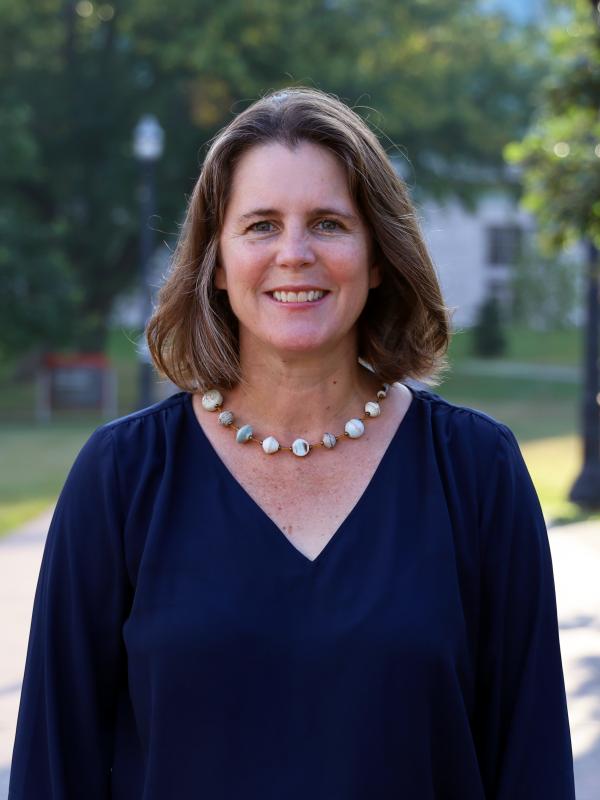Alison Norris

Contact Information
Professor, Epidemiology, College of Public Health; Joint appointment, Infectious Diseases, College of Medicine
As an epidemiologist and a medical doctor, I study sexual and reproductive health with a goal of preventing sexually transmitted infections (STIs) and improving reproductive outcomes for people. I have a particular interest understanding how context (e.g., endemic disease, social norms, demographic factors, and cultural and institutional structures) influences health and disease. Methodologically, I focus on using innovative methods to obtain high quality data about sensitive and stigmatized topics.
I joined the faculty at The Ohio State University in September 2011 with appointments in the Division of Epidemiology, College of Public Health and the Division of Infectious Diseases, College of Medicine. As a faculty member, my goal is to develop, conduct, and evaluate epidemiologic and social science research that will lead to improvements in sexual and reproductive health.
To understand how the reproductive health-related laws and policies impact the health and well being of Ohioans and people in nearby states, I co-lead a collaborative research program called OPEN (Ohio Policy Evaluation Network). With scholars from Ohio State University, University of Cincinnati, Cincinnati Children's Hospital, and Case Western Reserve University, we produce evidence for health care providers and community stakeholders to serve their communities, and for lawmakers to make decisions about health policies that will improve the public's health.
Much of my research has been conducted in eastern and southern Africa, and I have had the opportunity to work with fantastic research collaborators. Partnering with an interdisciplinary team of scientists and health practitioners at OSU and in Malawi, I initiated a program of research in Malawi called Umoyo wa Thanzi (UTHA, Health for Life). Overall, the project aims to understand how women’s and men’s decision making impacts 1) fertility, family planning, pregnancy, and childbirth; and 2) HIV and STI testing and treatment. With funding from the Bill and Melinda Gates Foundation and multiple OSU grants, we have carried out five waves of a longitudinal study in a cluster-randomized sample of more than 1,000 reproductive aged women and their partners. With a Gates Grand Challenges Explorations Grant, we assesed barriers and facilitators to contraceptive use among UTHA cohort participants. This research partnership and community cohort have served as an ideal platform for investigating complex sexual and reproductive health research questions.
As a post-doctoral fellow at Johns Hopkins Bloomberg School of Public Health, I studied contraceptive use and the consequences of unwanted pregnancy in Zanzibar, Tanzania. As an MD/PhD student at Yale, I conducted a multi-year, multi-disciplinary study of sexual behavior and STIs among plantation residents near Moshi, Tanzania.
